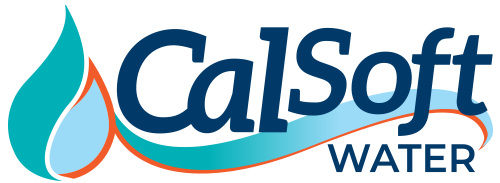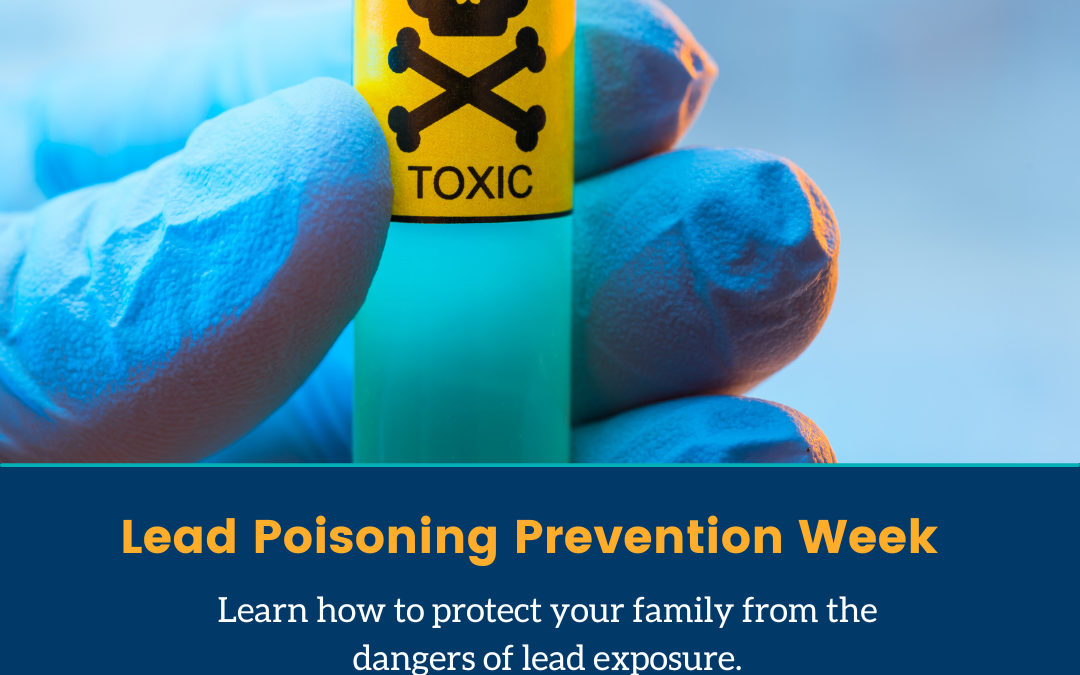As a local drinking water treatment company, our main goal is to make sure that our clients are getting high quality drinking water and know why our home drinking water systems are important, effective and efficient. With so many water contaminants out there, our health and well-being are constantly being threatened. As we dive into National Lead Poisoning Prevention Week, let’s learn a little bit about the impact of lead in drinking water and what we can do to help you avoid it!
How do you know if your tap water is contaminated with lead?
The only way to really know if your drinking water contains lead is to have it tested. You cannot see, taste or smell lead in water. You can ask your water provider whether your water has lead in it and at what level. For homes with public or municipal water systems, information on lead should be readily available from your local water company. If you have a private well, you’ll want to have your water tested regularly, and we can help with your water testing.
How does lead end up in drinking water?
Lead can enter your home’s tap water a number of ways. The last two decades have shown improvements in exposures to lead in tap water thanks to new laws, regulations and awareness. However, even with all we know, lead can (and is) still getting into our drinking water. The lead we find in tap water usually comes from the corrosion and decay of older plumbing fixtures. When water sits in leaded pipes for several hours, lead can trickle into the water supply.
Should you be worried about the health risks associated with lead poisoning?
High levels of lead in tap water CAN and DO cause health effects if the lead in the water enters the blood. Unfortunately, the health effects are serious. Lead poisoning can cause damage to the brain and kidneys, as well as interfere with the production of red blood cells that carry oxygen to the rest of the body. But the greatest risk is for infants, young children and pregnant women. Lead can impair their mental and physical development, as well as cause hearing problems. Infants drinking formula prepared with lead-contaminated water are at a higher risk because of the quantity they consume over time. Screening guidelines are recommended for pregnant and breastfeeding women to ensure blood levels are low enough.
Can you protect your home and family from lead poisoning?
Yes! Our drinking water systems reduce or remove lead from tap water or lower the potential for risk should contamination occur in the future. There is no need to choose bottled water as an alternative to tap water either. A more eco-friendly, economical and effective option, reverse osmosis improves the quality of your own household’s water so that it is good for you, tastes good and provides benefits without the worry. You can refill your own sports bottles with high quality drinking water, help reduce toxic plastic waste at the same time.
For more information, give us a call. We’re happy to help you choose the right water treatment product for your family!

